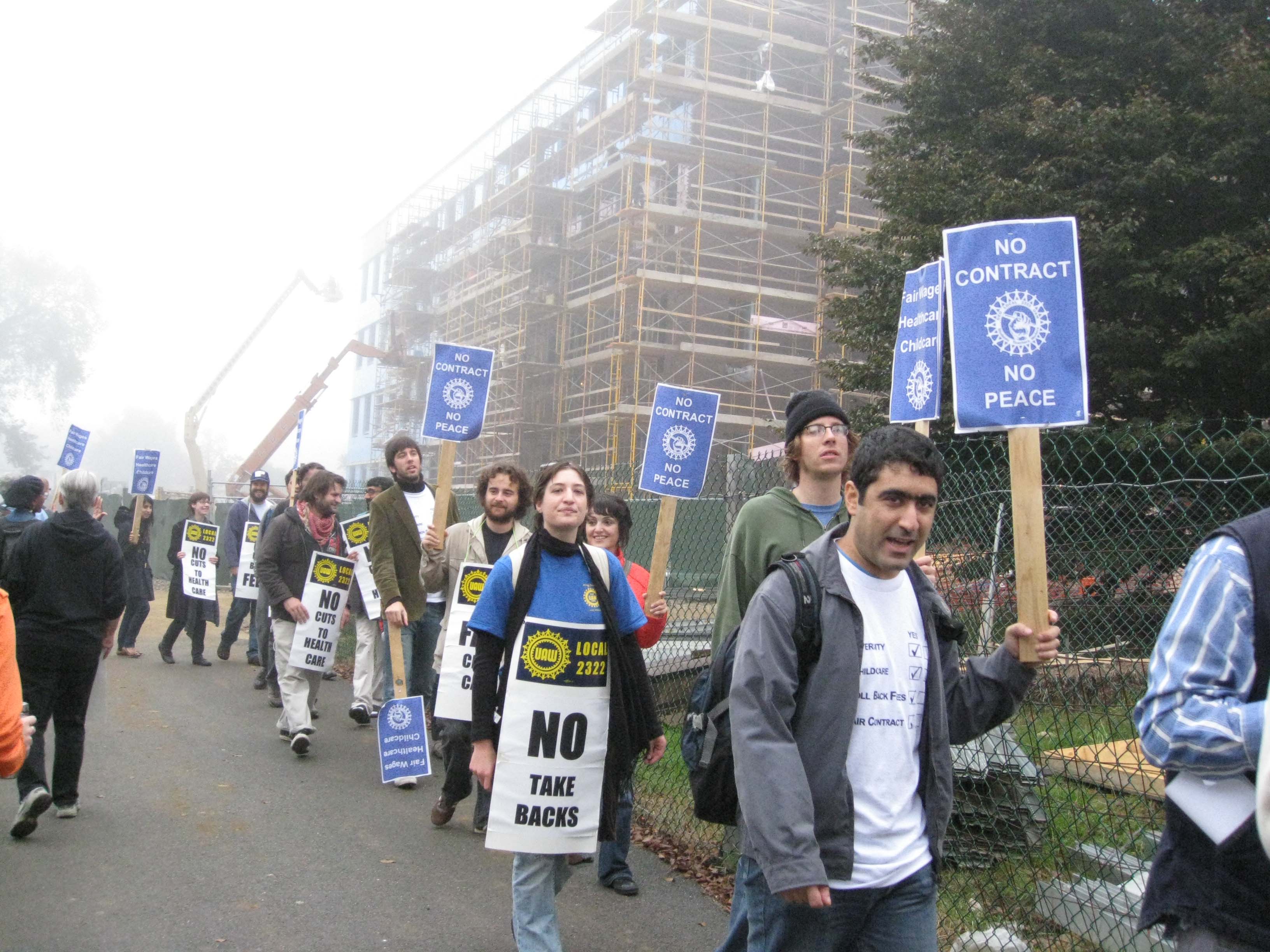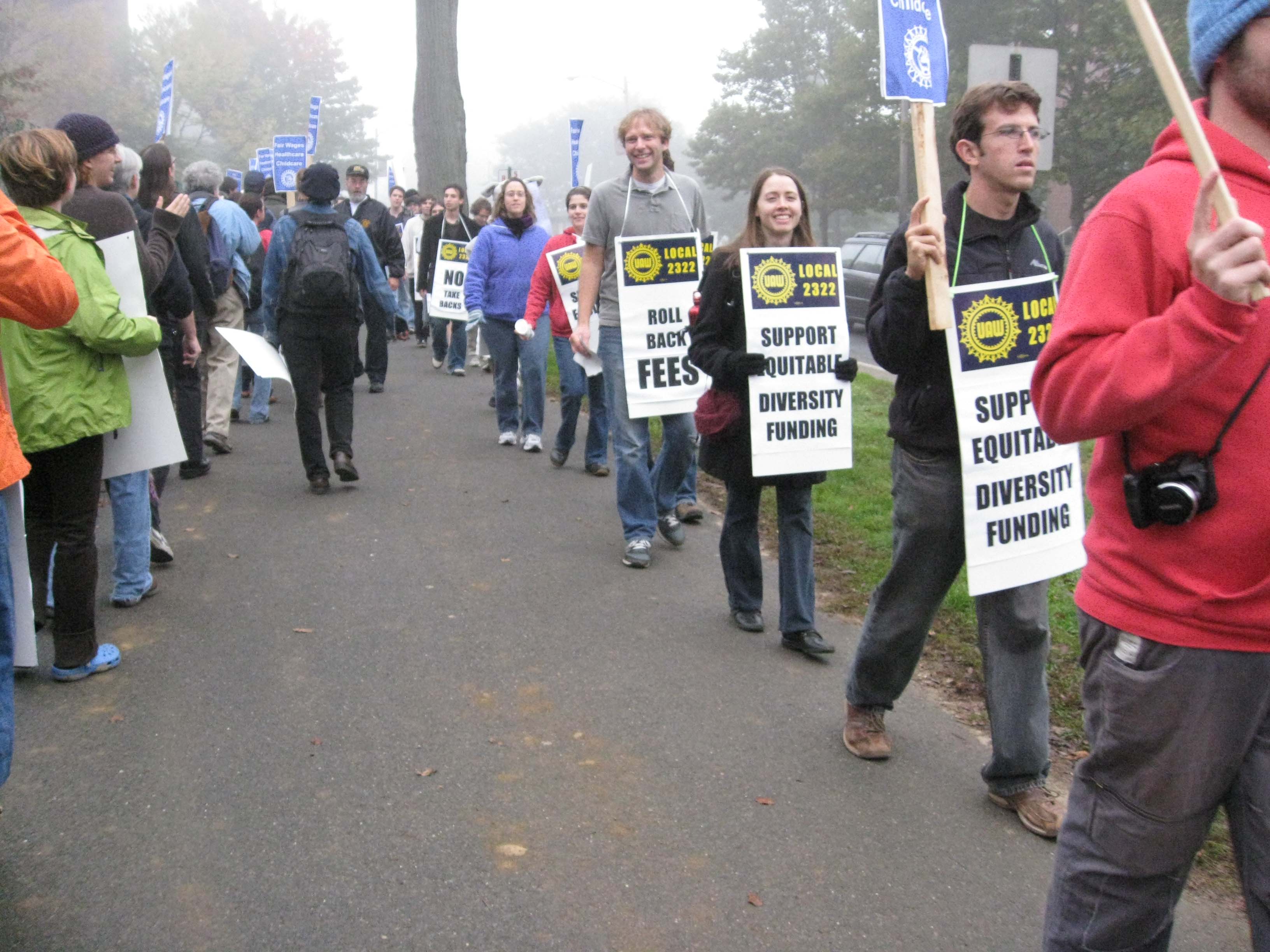From the Daily Hampshire Gazette:
Newly appointed University of Massachusetts Interim Chancellor Thomas W. Cole Jr., promptly made his first visit to the flagship campus – his new home.
“It’s wonderful, beautiful here,” said Cole, 66, as he answered reporters’ questions before entering a private party to welcome him to Amherst Wednesday night.
“I know a lot of great people, alumni, current people on staff, that make a very positive statement about the kind of quality produced here,” Cole said. “This is a university I’ve always heard a lot of really good things about.”
Cole, a former president of Clark Atlanta University, was officially appointed interim chancellor by a unanimous vote of the trustees Wednesday. Their meeting also established a search committee for a permanent chancellor.
He will succeed John V. Lombardi and start serving Sept. 1.
“We have lofty aspirations for UMass-Amherst and Thomas Cole is someone who has always aimed high and achieved at the very highest levels,” said Trustee Chairman Stephen P. Tocco in a statement.
Cole came out of retirement to take the one-year, $350,000-salaried job. He retired from his position as the president of Atlanta Clark University in 2002 after leading the school for 13 years. He then took a job heading Great Schools Atlanta, a nonprofit fund for the city’s public school system. Cole retired from that post in 2006.
“There aren’t many opportunities that I would have come out of retirement for,” Cole said in a statement, “but I have always had a deep feeling for the special nature and the academic quality of the University of Massachusetts at Amherst.”
As the interim chancellor, Cole said his most important duty will be to keep UMass moving forward and hand off the campus in good shape to the next chancellor.
“I’m going to do what you’d expect any chancellor to do – keep UMass running,” Cole said. “I don’t think we’ll miss a beat.”
Cole is making a good first impression on faculty. He appears to be a wise person, someone who can get his mind around complicated issues, said Faculty Senate Secretary Ernest D. May.
May, like many on the UMass campus, had his first meeting with the newly appointed chancellor Wednesday.
“He strikes me as one who has experience, as a wise person who can figure things out,” May said after meeting Cole at a Board of Trustees meeting Wednesday afternoon.
“He wants to keep the campus moving forward.”
May said he expects Cole will facilitate the continued progress of Lombardi’s “new dirt” capital campaign and the Amherst 250 Plan, which seeks to increase the size of the university’s tenure-track faculty.
Lombardi is leaving Amherst in the wake of a chancellor shake-up that had ramifications for three of the five UMass campuses and a proposed yearlong study of new management styles for the university system.
These mid-May events led to the faculty taking a “no confidence” vote in the president and trustees. Lombardi was named the new president of the Louisiana State University system last month. He is expected to start serving in this new role by Sept. 1.
“It seems (Cole will) be a mediating force in what has been a dynamic situation,” said May.
And Cole appears ready to meet that challenge.
“Part of my job is working out conflicts,” Cole said. “I’m not sure what they are yet, or what the top priorities are now, but I’m a fast learner and I know there are always two sides to every story.”
Cole shepherded Clark Atlanta University through the merger of Atlanta University and Clark College, which took place one year before his appointment as president of the joined schools in 1989. During his tenure, Cole helped increase the university’s student enrollment, faculty and operating budget, according to UMass officials.
He joined the Atlanta University staff in 1966 as a professor of chemistry. He went on to hold a number of administrative, director and chairman positions at the university.
From 1982-86, Cole was the president of West Virginia State College. In 1986, he was appointed chancellor of the West Virginia Board of Regents. He returned to Atlanta as president of Clark College in 1988 just before the merger with Atlanta University.
A native of Texas, Cole graduated with honors from Wiley College and earned a Ph.D. in organic chemistry from the University of Chicago.
 Comments(1)
Comments(1)
